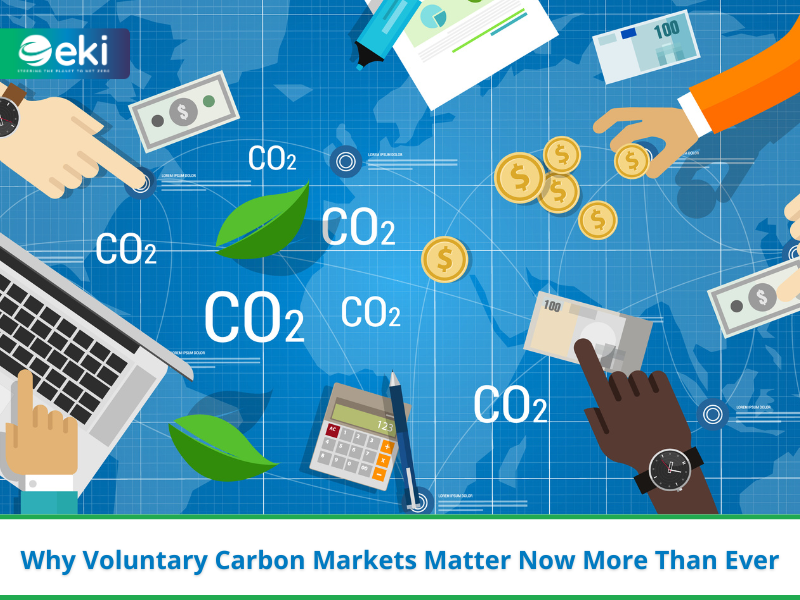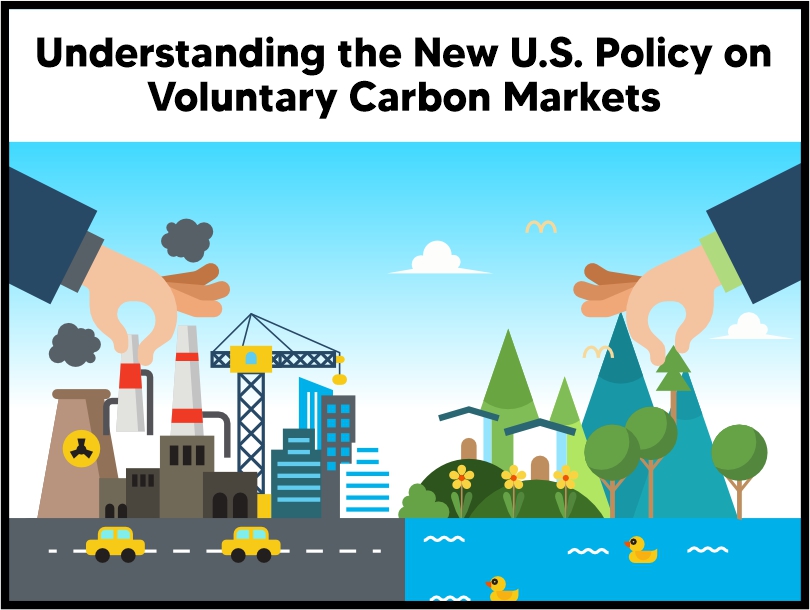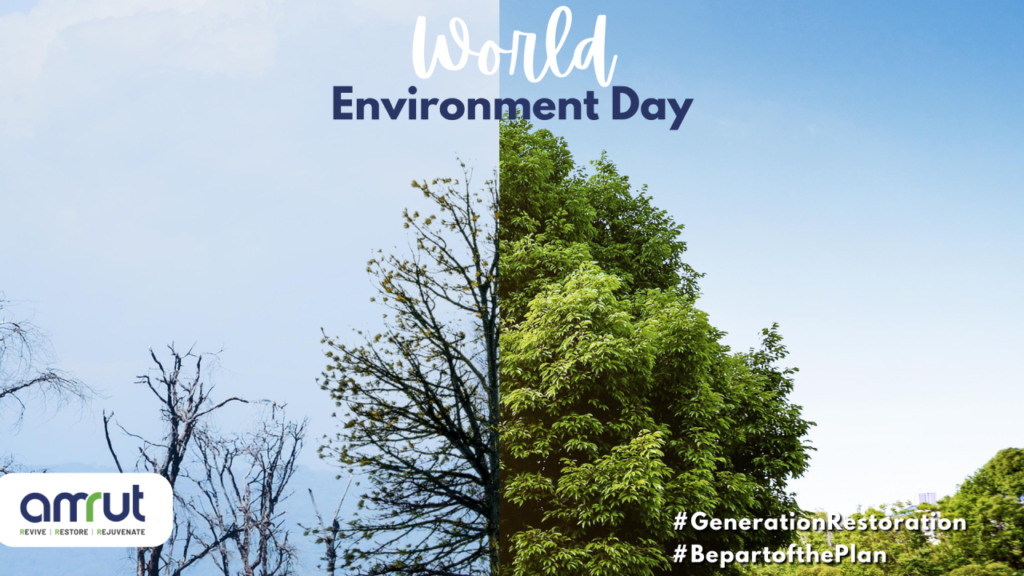Human activity is causing global temperatures to rise, and climate change now threatens every aspect of human existence.
Unchecked, global warming will have disastrous effects on humanity and ecosystems, including increased droughts, rising sea levels, and a mass extinction of species. It comes of as a huge challenge, threatening basic survival of mankind, the planet, and everything in it.
But what is it and what makes it so dangerous? Let’s find out the crux of everything there is to know in a nutshell.
What is Climate Change?
Long-term changes in temperature and weather patterns are referred to as climate change. But since the 1800s, human activities—primarily the combustion of fossil fuels like coal, oil, and gas—have been the primary cause of introducing an alarming steep to the gradient of the climate change graph.
What we are going to discuss in the rest of the article is the same anthropological climate change. Human-induced unnatural excess emissions of the six types of greenhouse gasses, with a large chunk of share with carbon dioxide, which is disturbing the carbon balance of the gaseous atmosphere.
Fossil fuel combustion produces greenhouse gas emissions that serve as a blanket around the planet, trapping heat from the sun and increasing temperatures.
In simple words, climate is the weather of any particular area over years and climate change, evidently, suggests a shift in that weather pattern.
As compared to the 19th century, the world is now about 1.1 degree Celsius warmer and the quantity of carbon dioxide in the atmosphere has risen by 50 percent.
Climate scientists believe that if we wish to prevent the worst effects of climate change, temperature rises must be curbed. They claim that by 2100, global warming must be limited to 1.5 degree Celsius.
Yet, if no additional steps are made, the world may have already warmed by more than 2 degree Celsius by that point. The independent Climate Action Tracker group estimated in a report from 2021 that the planet would warm by 2.4 degrees by the end of the century.
Impact of Climate Change
Scientists believe that if nothing is done to deal with this, global warming could surpass 4 degrees Celsius in the future, resulting in severe heatwaves, the loss of millions of houses to rising sea levels, and the irrevocable extinction of plant and animal species.
As croplands transform into desert, some areas may become uninhabitable as global temperatures rise. The UN’s World Food Programme estimates that up to 22 million people in East Africa are at risk of becoming hungry very soon as a result of the region’s most recent season of insufficient rains.
This was the case in Europe last summer, extreme temperatures can also raise the risk of wildfires. In comparison to the average, France and Germany burned nearly seven times more land between January and the middle of July 2022.
In regions like Siberia, warmer temperatures also mean that formerly frozen land will melt, releasing greenhouse gasses that have been trapped for centuries into the atmosphere and aggravating climate change.
Extreme rainfall in other areas last year led to record flooding, as was the case in China, Pakistan, and Nigeria.
As much as 10% to 15% of marine species are already in danger of going extinct. Land animals will also have a tougher time locating the food and water they require to survive in a warmer world. For instance, elephants will have difficulty finding the 150-300 litres of water they require each day, while polar bears may go extinct when their habitat’s ice sheet melts.
If action is not taken, at least 550 species might become extinct this century, according to scientists.
Europe has already witnessed unusually deadly heatwave over the past 2-3 years. The continent is also vulnerable to flooding and excessive rainfall. The Middle East will witness extreme heatwaves and drought. Island nations are at the risk of disappearing completely due to a rise in the sea levels with melting polar caps and icebergs.
African nations are also at the risk of drought and food shortage along with the USA, which is also likely to witness intense storms more frequently.
Climate Action Now
Governments agreed that combating climate change requires cooperation, and in a historic accord signed in Paris in 2015, they committed to making efforts to limit global warming to 1.5C, by checking human induced emissions of Greenhouse Gases to a level equivalent to nature’s natural absorption level, referred as ‘NetZero’ by IPCC [Intergovernmental Panel on Climate Change].
Egypt served as the host country for the COP27 meeting, which brought together nations to establish new pledges to combating climate change, in November 2022.
By 2050, many nations have vowed to achieve “net zero” emissions. This entails minimising greenhouse gas emissions and balancing out any leftover emissions by removing an equivalent amount of greenhouse gas from the environment.
Private investors, governmental entities, non-governmental organisations, and companies can buy carbon offsets voluntarily to offset their emissions thanks to the voluntary carbon market.
Companies can promote decarbonization beyond their own carbon footprints thanks to carbon offsetting, hastening the transition to a world with less carbon dioxide in the atmosphere. Additionally, they assist in funding initiatives to reduce atmospheric carbon dioxide by generating the negative emissions that will be required to balance out lingering emissions that will continue to exist even in the most hopeful decarbonization scenarios.
Future of Climate Change
According to the IPCC report this year, even after the third decade of climate plans and actions, they remain insufficient and a more ambitious action is required if we intend to live for another century.
The planet is expected to witness more extreme weather phenomena, including intense heatwaves and cold waves, along with more frequent calamitous storms with stronger wind speeds. As many as 95% of total crops in the Oceanic nation of Vanuatu were destroyed by extreme weather phenomena; this could go widespread and the world will also face more droughts and floods resulting in food shortages because of climate change induced weather extremities.
All in all, action is there, threat is perceived, but it’s not enough and there is more need to aggressively push various industries and individuals to cut their emissions. All of us need to work with the community and act beyond our boundaries, allocate time and resources to address the impact, and count our emissions.










